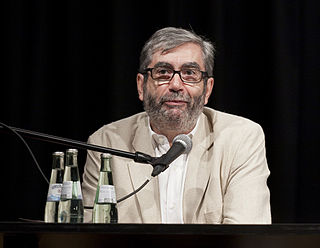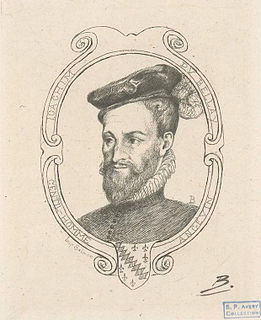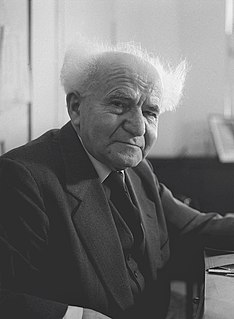A Quote by Alvaro Enrigue
In 'Dublinesque', Spanish writer Enrique Vila-Matas inverts the terms of Joyce's 'Ulysses' and tells the story of a man who, after living a hyperkinetic life like those of Odysseus and Leopold Bloom, resolves to never leave his room again and to reduce his mental activity to a minimum.
Related Quotes
The well-known inspiration for 'Ulysses' is made clear by the title itself: Joyce's novel is based on Homer's 'Odyssey', under the ever-fascinating premise that all of Odysseus' extraordinary adventures can be experienced by a modern man in a single day, provided that the writing consists of his mental activity.
To live with the work and the letters of James Joyce was an enormous privilege and a daunting education. Yes, I came to admire Joyce even more because he never ceased working, those words and the transubstantiation of words obsessed him. He was a broken man at the end of his life, unaware that Ulysses would be the number one book of the twentieth century and, for that matter, the twenty-first.
The censors have always had a field day with James Joyce, specifically with 'Ulysses,' but also with his other writings. The conventional wisdom is that this is because of sexually explicit passages (and there certainly are those). I have always thought that what the critics hated and feared about Joyce is his cry for human freedom.
Michael Koryta is that rare author who is at once a compelling story teller and a fantastic writer. From the first sentence of THOSE WHO WISH ME DEAD, you'll be under his spell. His characters are living, breathing people you'll care about; his setting is a place you'll visit and stay-long after you've decided to leave because you're scared. You can't leave; you're trapped. There are too many nerve-jangling, beautifully written, razor sharp moments and you won't want to miss a single one. This is an absolute sizzler.
Procrastination is the thief of time; year after year it steals, till all are fled, and to the mercies of a moment leaves the vast concerns of an eternal state. At thirty, man suspects himself a fool; knows it at forty, and reforms his plan; at fifty chides his infamous delay, pushes his prudent purpose to resolve; in all the magnanimity of thought, resolves, and re-resolves, then dies the same.
And old Dave, he'd go up to his room, y'understand, put on his green velvet slippers - I'll never forget - and pick up his phone and call the buyers, and without leaving his room, at the age of eighty-four, he made his living. And when I saw that, I realized that selling was the greatest career a man could want.
Everything necessary to understand my grandfather lies between two stories: the story of the tiger’s wife, and the story of the deathless man. These stories run like secret rivers through all the other stories of his life – of my grandfather’s days in the army; his great love for my grandmother; the years he spent as a surgeon and a tyrant of the University. One, which I learned after his death, is the story of how my grandfather became a man; the other, which he told to me, is of how he became a child again.
The problem of the minimum dwelling is that of establishing the elementary minimum of space, air, light, and heat required by man in order that he be able to fully develop his life functions without experiencing limitations due to his dwelling, i.e. a minimum modus vivendi in place of a modus non moriendi.
This life as a simple citizen and laborer has its benefits not only for the person himself but perhaps also for his country. After all, there is room for only one Prime Minister, but for those who make the desert bloom there is room for hundreds, thousands and even millions. And the destiny of the state is in the hands of the many rather than of a single individual. There are times when an individual feels he should do those things which only can and should be done by the many.





































